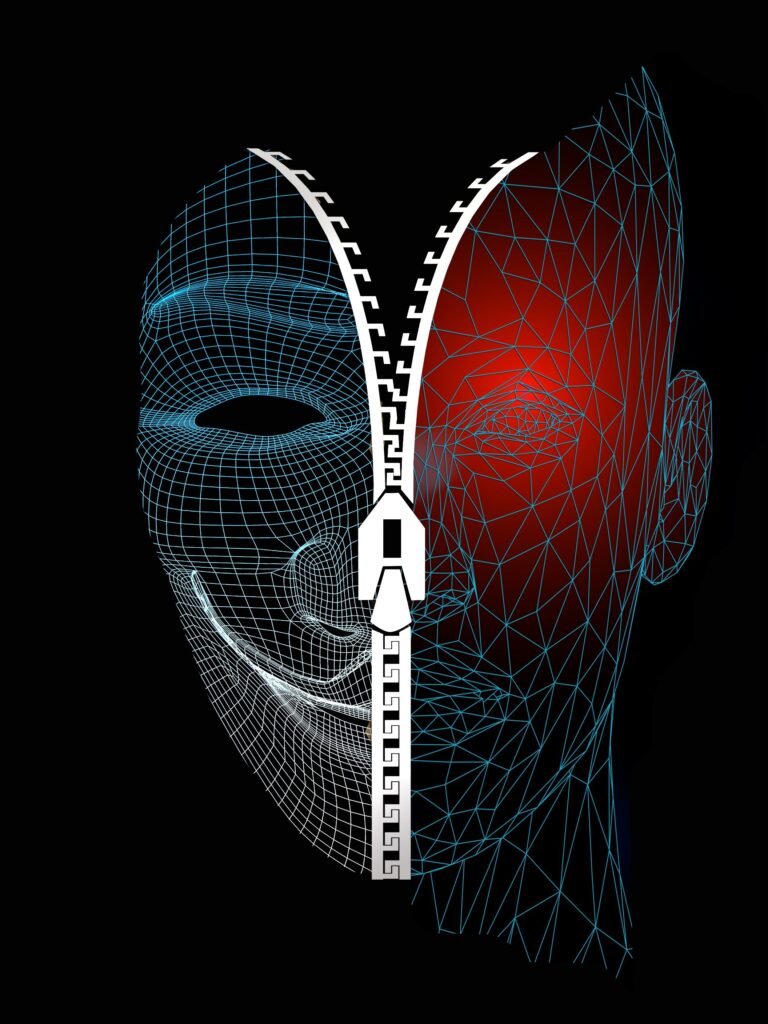I. Introduction A. Explanation of ChatGPT B. Brief history of ChatGPT C. Purpose of the article


II. Advantages of ChatGPT
A. Improved customer service
B. Cost-effectiveness
C. Personalization
D. 24/7 Availability
E. Multitasking capabilities
F. Reduction in human errors
III. Disadvantages of ChatGPT
A. Lack of human touch
B. Limited emotional intelligence
C. Misunderstandings and errors
D. Security and privacy concerns
E. Lack of flexibility
IV. Future scenario of ChatGPT A. Increased adoption in various industries B. Technological advancements C. Integration with other technologies D. Enhanced language and contextual understanding E. The possibility of human-like conversations
V. Conclusion A. Summary of the advantages and disadvantages B. Future prospects of ChatGPT
VI. FAQs 1. How does ChatGPT work? 2. Is ChatGPT replacing human customer service representatives? 3. How secure is ChatGPT? 4. How does ChatGPT differ from other chatbots? 5. Can ChatGPT understand multiple languages?
Advantages and Disadvantages of ChatGPT Present Future Scenario
I. Introduction As technology advances, so does the way businesses interact with their customers. One such technological innovation is ChatGPT. ChatGPT is an artificial intelligence (AI) chatbot that uses natural language processing (NLP) and machine learning to engage in human-like conversations with users. In this article, we will explore the advantages and disadvantages of ChatGPT and its present and future scenarios.
II. Advantages of ChatGPT A. Improved customer service ChatGPT can provide instant responses to customer queries, ensuring that the customers’ needs are met in a timely manner. This enhances customer satisfaction and can lead to increased customer loyalty.
B. Cost-effectiveness ChatGPT can handle multiple customer inquiries simultaneously, reducing the need for human customer service representatives. This can result in significant cost savings for businesses.
C. Personalization ChatGPT can collect and analyze customer data to provide personalized recommendations and offers. This can help businesses build stronger relationships with their customers.
D. 24/7 Availability ChatGPT can provide customer service 24/7, ensuring that customers can receive assistance at any time of the day or night. This can be especially beneficial for businesses with customers in different time zones.
E. Multitasking capabilities ChatGPT can handle multiple tasks simultaneously, such as answering customer queries, providing product recommendations, and processing orders. This can improve efficiency and productivity in businesses.
F. Reduction in human errors ChatGPT’s ability to automate processes and provide accurate responses can reduce the likelihood of human errors, which can lead to improved quality control and customer satisfaction.
III. Disadvantages of ChatGPT A. Lack of human touch ChatGPT lacks the human touch that can be important in customer interactions, such as empathy and understanding. This can result in customers feeling disconnected or dissatisfied with the service provided.
B. Limited emotional intelligence ChatGPT may struggle to understand or respond appropriately to emotions expressed by customers, which can lead to misunderstandings or inappropriate responses.
C. Misunderstandings and errors ChatGPT’s reliance on NLP and machine learning means that misunderstandings and errors can occur, leading to confusion or frustration for customers.
D. Security and privacy concerns ChatGPT’s collection and storage of customer data can raise security and privacy concerns, particularly


D. Security and privacy concerns ChatGPT’s collection and storage of customer data can raise security and privacy concerns, particularly if sensitive information such as financial or personal data is involved. Businesses need to ensure that appropriate measures are in place to protect customer data and comply with data privacy regulations.
E. Lack of flexibility ChatGPT’s responses are based on programmed rules and algorithms, which can limit its ability to handle complex or unique customer inquiries. This can result in frustration for customers who may require more personalized or creative solutions.
IV. Future scenario of ChatGPT A. Increased adoption in various industries ChatGPT is already being used in various industries such as healthcare, finance, and e-commerce. Its ability to automate tasks and provide personalized customer service is expected to lead to increased adoption in other industries as well.
B. Technological advancements As technology advances, so will the capabilities of ChatGPT. Advancements in AI, NLP, and machine learning are expected to enhance ChatGPT’s language and contextual understanding, enabling it to handle more complex customer inquiries.
C. Integration with other technologies ChatGPT is expected to be integrated with other technologies such as augmented reality and virtual reality, providing customers with an immersive and interactive experience.
D. Enhanced language and contextual understanding ChatGPT’s ability to understand and respond appropriately to different languages and contexts is expected to improve, enabling it to engage with customers from diverse backgrounds and cultures.
E. The possibility of human-like conversations As ChatGPT’s capabilities improve, it may be able to engage in human-like conversations, providing a more personalized and empathetic customer experience.
V. Conclusion In conclusion, ChatGPT offers numerous advantages such as improved customer service, cost-effectiveness, and personalization. However, it also has its disadvantages such as a lack of human touch and flexibility, and security and privacy concerns. As technology continues to advance, ChatGPT’s capabilities are expected to improve, leading to increased adoption and the possibility of more human-like conversations.
VI. FAQs
- How does ChatGPT work? ChatGPT uses NLP and machine learning to analyze and respond to customer inquiries in a natural language format.
- Is ChatGPT replacing human customer service representatives? ChatGPT can handle basic customer inquiries and tasks, but it is not meant to replace human customer service representatives. It is designed to work alongside them to enhance customer service.
- How secure is ChatGPT? ChatGPT’s security depends on the measures taken by the business implementing it. It is important to ensure that appropriate measures are in place to protect customer data and comply with data privacy regulations.
- How does ChatGPT differ from other chatbots? ChatGPT’s advanced AI and NLP capabilities enable it to engage in more natural and personalized conversations with customers than other chatbots.
- Can ChatGPT understand multiple languages? Yes, ChatGPT’s language and contextual understanding capabilities are expected to improve, enabling it to understand and respond appropriately to multiple languages.
Tags:
chatgpt review pros and cons, is chatgpt worth it, chatgpt AI benefits and drawbacks, chatgpt vs human writing, chatgpt language capabilities, chatgpt natural language processing, chatgpt language generation, chatgpt deep learning, chatgpt language models, chatgpt AI language understanding, chatgpt chatbot integration, chatgpt machine learning, chatgpt language processing speed, chatgpt automated content creation, chatgpt language accuracy, chatgpt AI language translation, chatgpt content optimization,

